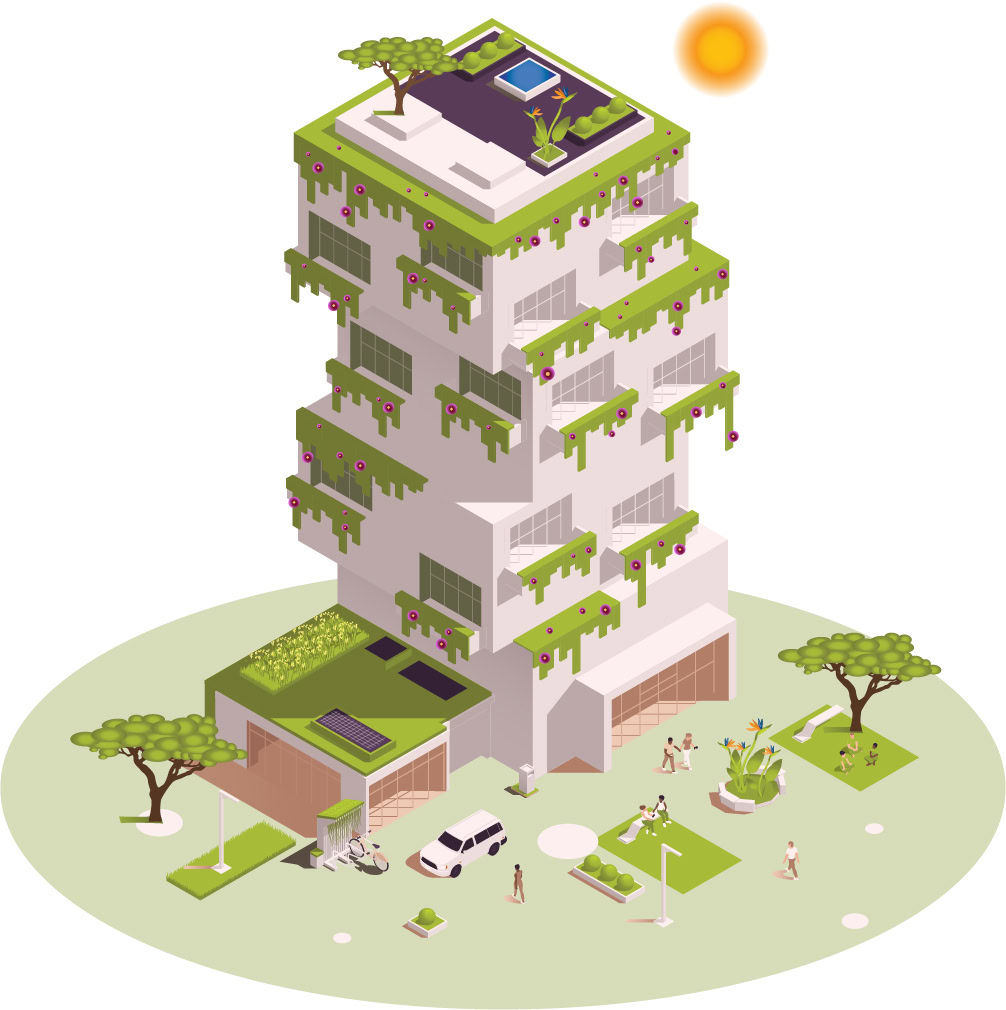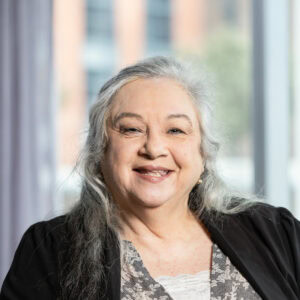
Energy
Water
Materials
Management
Emissions
Indoor Environment Quality (IEQ)
Energy
Aims to reduce overall energy consumption from centralised energy generation, without decreasing building functionality. This results in reduced greenhouse gas emissions.
Water
Aims to reduce overall water used by a project, and make sure that different water needs are supplied by sensible sources, such as efficient re-use and rainwater harvesting for non-potable requirements. Reducing the use of potable water can be achieved through the design of efficient systems, rainwater collection and water reuse.
Materials
Green materials used for green buildings are sourced as locally and ethically as possible, used and re-used efficiently and have low embodied carbon, while still performing excellently as construction components.
Innovation
Green Innovation writes the sustainability script of the future. This is about implementing new techniques and technologies, and reaching new heights of industry best-practice.
Emissions
Green emissions control recognises that both new and existing buildings are responsible for significant contributions to climate change and pollution, through the greenhouse gases and other contaminants they release. Green emissions control seeks to reduce that contribution as much as possible, to do the least harm.
Socio-Economic
Greening is for everyone, and sustainable projects are ultimately projects that benefit people. The Socio-Economic lens for green building is about improving some element of the socio-economic conditions around, or in some way connected to a project.
Transport
Connects building users to public and mass transport easily, and supports walking, cycling and other types of movement that don’t use fossil fuels, to reduce emissions from private vehicle use.
Indoor Environment Quality (IEQ)
Encourage the well-being of the occupants through addressing heating, cooling, lighting and indoor air pollutants. They are a comfortable temperature, well-lit, with daylight where possible, and well ventilated.
Management
Promotes the adoption of environmental principles from project inception, through design and construction, right through to the ongoing operation of the building. This also applies to the users and how they interact with the building.
Land Use & Ecology
Promote initiatives that improve or reduce the building’s impact on ecological systems and biodiversity.
